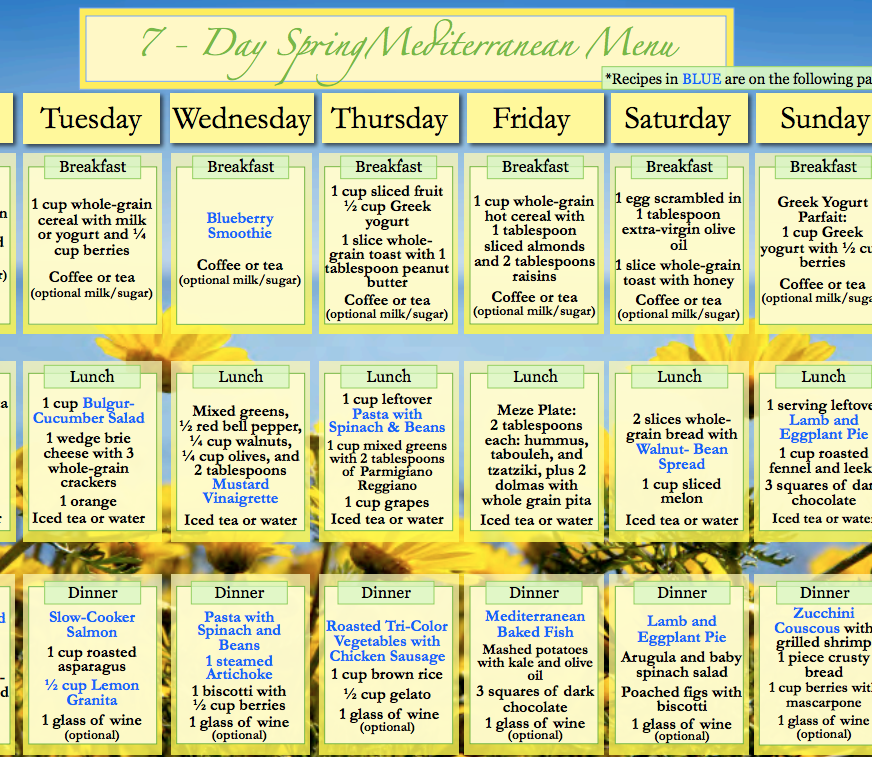
There are many options for balancing food and exercise while maintaining a balanced lifestyle. If you follow certain principles, you can get the body composition that you desire and still enjoy the activities you enjoy. You can also do things like dancing with your grandchildren or spouse, or even go hiking on weekends. Baking your food can help you make delicious and healthy meals.
Moderation
This concept is especially beneficial for people with eating disorders. Moderation in food intake and exercise are essential to our health. These individuals may resort to eating to soothe intense emotions. These people may find moderation helpful as it can help them to manage their relationship to food.
Propportionality
The relationship between two variables is often the focus of dietary research. This relationship is represented with ratios and percentages. These numbers represent the value for one variable in relation. Ratios can then be represented in percentage form. A ratio is the ratio of a food or nutrient to a number of calories. This is the most common ratio in diet research.

Muscle protein synthesis
In order to promote muscle protein synthesis, the body needs a specific amount of protein. The daily recommended intake is 0.8g per kilogram body weight. These recommendations, however, are significantly more than the amount of protein Americans consume every day. A recent study found that the amount of protein you eat can affect your body's ability to build muscle. For this reason, it's important to consider the leucine content of your protein sources. You should eat a high-protein diet and consume plenty of leucine if you want to build muscle mass.
Dietary fiber
A new study has suggested that diet and exercise can work in conjunction to improve athletic performance. Specifically, soluble diet fiber can increase substrate availability leading to greater endurance performance. Consuming too much dietary fiber after a hard workout can cause stomach cramps or bloating. It can also delay the absorption of nutrients, which could prevent your body from acquiring the necessary nutrients.
Carbohydrates
Carbohydrates play a vital role in exercise performance. The body uses muscle glycogen and blood glucose to provide energy for muscle contracting. Exercise can cause fatigue and the depletion of these resources is common. It is essential that athletes who train often ensure sufficient carbohydrate intake. The recommended daily intake for athletes is nine to ten grams of carbohydrates per kilogram of body weight.
Protein
Protein is an important nutritional element that aids the body in its recovery after exercise. The best time to eat protein is not immediately after an exercise session. Individuals' bodies, tolerance, and training habits may influence the ideal time to consume protein. It is best to take protein supplements prior to and after exercising to maximize the protein's benefits. Supplementation is a convenient, safe way to get high quality dietary protein. A good time to eat protein is when you are active. This will help you to recover more quickly and gain lean mass.

Fats
Fats are necessary for our body to function properly. There are many different types. Some fats are found naturally, while others are added during food processing. Dairy products, meats, fish, nuts and oils all contain naturally occurring fats. These added fats are more prevalent in processed and packaged foods.
FAQ
Are there any side effects of intermittent fasting?
There are no known negative side effects of intermittent fasting. You might have minor problems if your plan is not well thought out.
You might feel irritable if you skip breakfast. You might also experience headaches, dizziness, fatigue, and muscle cramps.
These symptoms usually disappear within a few days.
How do I lose weight
For people who want to look good, losing weight is a popular goal. People want to be healthier and live longer. This is why they are so motivated to lose weight. There are many different ways to lose weight. You can choose from cardio training or strength training. Each type of exercise has its own benefits and drawbacks. If you are looking to burn calories, walking is your best choice. For building muscle mass, weight lifting is the best choice. This article will discuss which exercise and how to lose weight.
When trying to lose weight, the first thing you need to think about is the type of diet plan that you should be following. You don't necessarily need to eat less food; rather, you just need to eat fewer processed foods and avoid junk food. At least 2200 calories is recommended daily. If you want to lose weight faster, you should reduce your calorie intake even further. You will lose fat faster this way.
You can lose weight quickly by getting active. Exercise can help you lose calories and speed up your metabolism. A healthy diet and exercise are key to losing weight. You'll lose more energy by exercising, so you'll be unable to eat as many calories. If you work out regularly, you will notice that your body starts burning fat faster than before. Regular workouts are a way to stay healthy. You stay fit and help prevent diseases like diabetes, heart disease, hypertension, and obesity.
Try to walk as often as possible. Walking burns approximately 500 calories each hour. Walk 30 minutes per day to burn around 1500 calories. One pound of fat will be lost per week if you walk 30 minutes each day. You can also run/jog for 10 minute. Running burns approximately 1000 calories an hour. Run for 20 minutes every day if you want to lose 5 lbs in three weeks.
Combining exercise with healthy eating habits is the best way lose weight. Try to find a balance between these two factors.
What Amount of Weight Can You Lose In A Week?
Your body fat percentage determines how much weight you are able to lose. You need to determine how much weight loss you are looking for. Your BMI indicates how much weight we should lose to achieve our goal. If your BMI is 25 or greater, you're overweight. If your BMI falls below 30 you are considered obese.
For example, if 200 pounds is your BMI, it would be 28.7. To drop to a healthy range of weight, you will need to lose approximately 70 pounds. To see if you're overweight, visit www.healthyminds.com/bmi/.
You can calculate the number of pounds you'll lose each week by knowing your BMI.
(Your Goal Weight - Current Weight)/BMI * 7 Number Of Pounds Lost Per Week
To lose 50 pounds in a month, you would need to exercise for 2 weeks. That's 56 days divided by 7 pounds per day. That works out to 8.3 pounds lost per week.
You could also try this calculator from www.weightlosscalculator.net. It will give you an approximate estimate of the calories you need to lose 1 pound each week.
How long does it take for you to lose weight?
It takes time to lose weight. It usually takes six months to lose 10% of your total weight.
You should not expect to lose weight overnight. Your body will need time to adapt to new dietary changes.
This means that your diet should be gradually changed over many days or weeks.
You should also stop trying fad diets. They don't work. Instead, try to change your daily routine.
If you are a regular shopper of unhealthy snacks, it is a good idea to stop.
You should eat healthier meals in the morning. You'll be able to eat healthier meals earlier in the evening, and you won't snack later at night.
You should also drink plenty of water during the day. Water is essential for keeping your body hydrated. Dehydration causes you to feel fatigued and slow.
Therefore, drinking lots of water throughout the day will help you stay energized and focused.
Doing things that are relaxing can help you reduce stress. You could spend quality time with your loved ones.
Or you could read books, watch movies, listen to music, etc.
These activities will help to relax and unwind from stressful situations. You will feel happier and more confident.
So, when you're trying to lose weight, you should always think about your health first.
Your physical fitness is an indicator of overall health. You should eat right and exercise regularly if you want a fit body.
Statistics
- It's estimated that half of all American adults attempt to lose weight every year (1Trusted (healthline.com)
- One 6-month study showed that simply doing 11 minutes of strength-based exercises 3 times per week resulted in a 7.4% increase in metabolic rate, on average. (healthline.com)
- A 12-week study in 20 women with obesity found that walking for 50–70 minutes 3 times per week reduced body fat and waist circumference by an average of 1.5% and 1.1 inches (2.8 cm), respectively (healthline.com)
- According to a study sponsored by the American Council on Exercise, a person weighing around 140 pounds (64 kg) would burn 108 calories at a 30-minute beginner's Pilates class or 168 calories at an advanced class of the same duration (26). (healthline.com)
External Links
How To
How to lose weight by exercising
The best way to lose weight is through exercise. However, many people do not know how to exercise correctly. Cardio exercises should include running, biking, swimming, walking, etc. and strength training exercises like lifting weights, pulling-ups or pushing ups, squats and lunges. The most effective way to lose weight is to combine these two types of exercises together. Find friends who are open to joining you on your exercise journey. You have the option to go to a gym, but you also have the option of walking around the neighborhood. No matter which type of activity, you need to be consistent with it. It's easy not to stick with a routine when you first start working out. Keep at it!